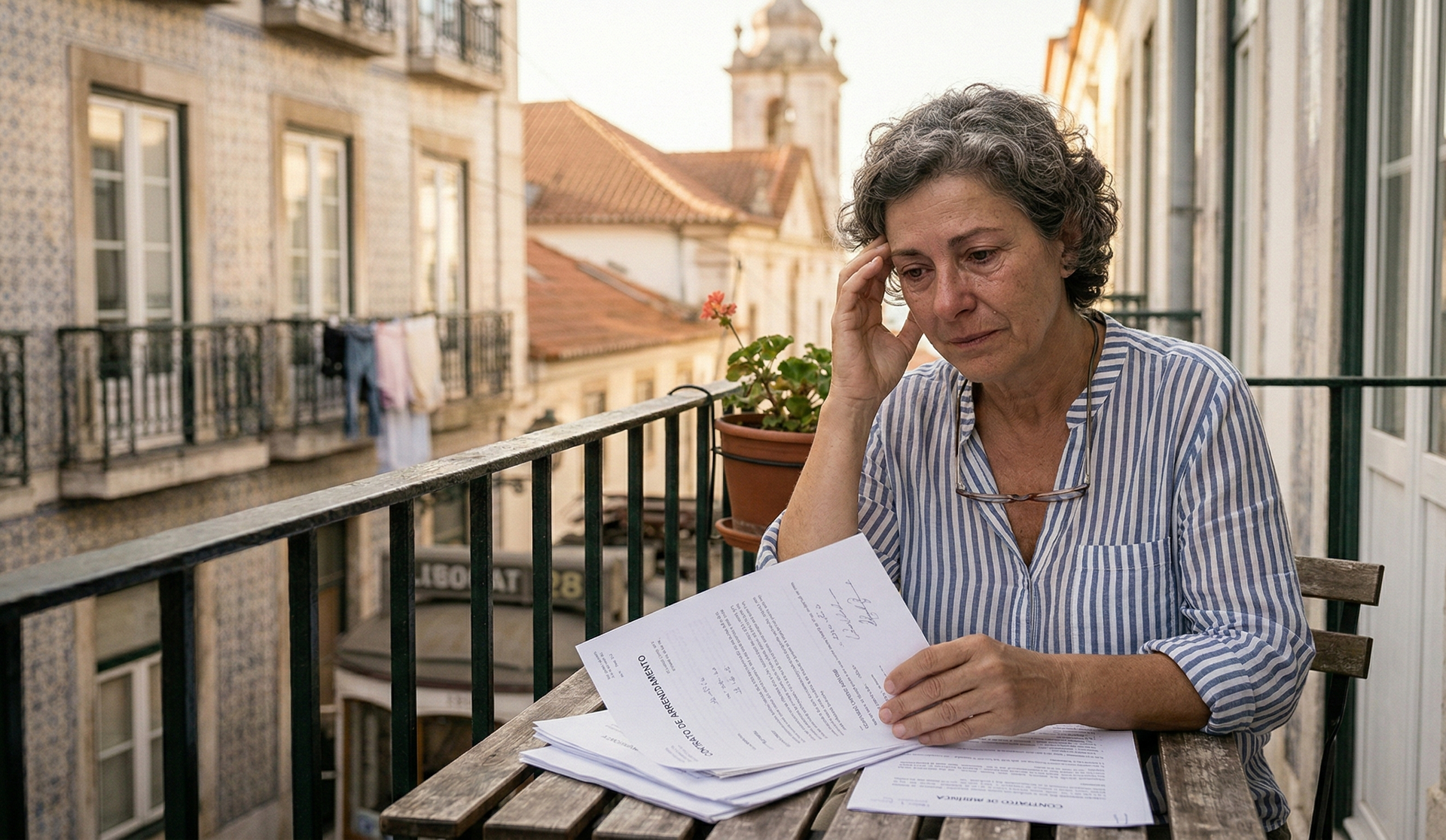Legal Update — Portugal Approves Major Changes to Immigration Law
On 16 July 2025, the Portuguese Parliament approved the final version of
Proposal No. 3/XVII/1.ª, introducing substantial amendments to
Law no. 23/2007, which governs the entry, stay, and residence of foreign nationals in Portugal.
This reform brings an end to the regularisation mechanism based on manifestação de interesse (expression of interest), imposes new limitations on job-seeker visas and family reunification, and sets a definitive deadline for pending transitional cases.
Key Measures Approved
- Revocation of the “expression of interest” pathway
The mechanism that allowed undocumented migrants to regularise their status based on proof of employment and Social Security contributions has been definitively eliminated.
- Transitional deadline set for pending cases
Foreign nationals who were registered with Social Security and working as of 3 June 2024 will still be allowed to apply for a residence permit — but must do so by 31 December 2025, after which the transitional regime will lapse.
- Stricter requirements for job-seeker visas
This visa type is now limited to individuals with highly qualified skills, to be defined by ministerial ordinance. If the applicant fails to start employment within the 120-day period, they must leave Portugal and may only reapply after one year.
- Family reunification conditional on two years of legal residence
Foreign nationals will only be allowed to apply for family reunification after completing two years of legal residence in Portugal, with exceptions maintained for minor children already residing in the country.
- Specific regime for vulnerable minors
Children and young people placed under institutional protection will no longer fall under the general humanitarian residence category and will benefit instead from a visa-exempt residence regime tailored to their situation.
- New time limits for decisions on residence applications
The immigration authority (AIMA) must decide on residence applications within 9 months, with a single possible extension in cases of exceptional complexity.
- Entry into force
The law enters into force on the day following its publication in the Official Gazette. It will apply to procedures initiated from that date onward.
At
LVP Advogados, we are closely monitoring the legislative developments affecting immigration in Portugal. We continue to assist individuals, families and companies in navigating this evolving legal landscape with clarity, rigour and strategic guidance.
Should you require legal advice on how these changes may affect your case or future plans in Portugal, please do not hesitate
to contact our team.










